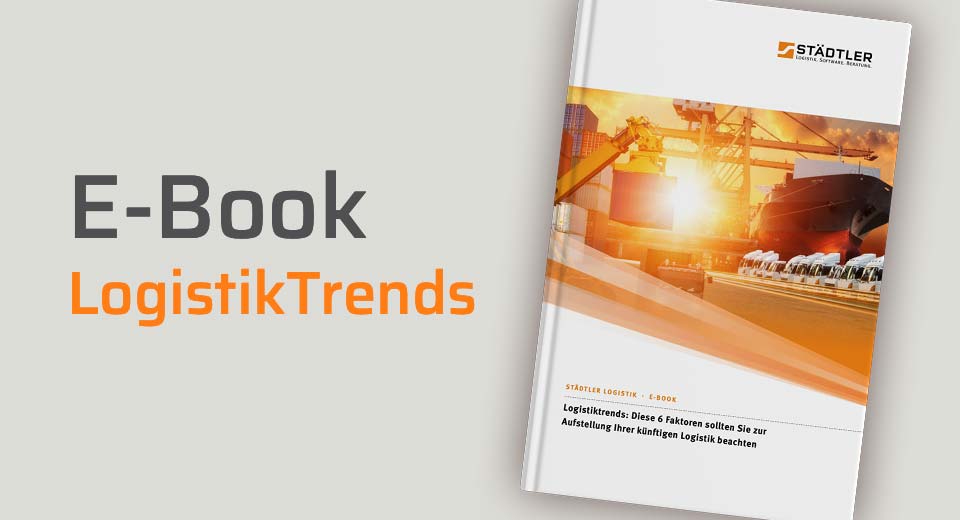
Creating transparency and resilience in the supply chain
7 fields of action for robust supply chains and transparent supply chain management
3 Min. reading time
August 29, 2023
Holger Niemann, Head of Logistics Consulting
Share

In the age of globalization and digitalization, supply chains are becoming increasingly complex and interconnected. Transparency and resilience in the supply chain are in demand. Here you’ll find how to get there.
1. Data-driven decision making
Data is a powerful tool for driving transparent supply chains. Companies can collect and analyze data from multiple sources to gain deep insights into their supply chains. This can help identify weaknesses, improve performance and make informed decisions. It is therefore important that companies invest in technologies such as Artificial Intelligence (AI), Machine Learning and Big Data Analytics to harness the full potential of their data. Networking with customers, both in surveys and in-person, also contributes to transparency.
2. Establishment of robust risk management strategies
To promote supply chain resilience, companies should establish robust risk management strategies. This could include identifying risk factors, developing contingency plans and implementing mitigation measures. Companies should also conduct regular risk assessments to adapt their strategies to changing conditions.
3. Cooperation with suppliers
Working closely with suppliers is key to driving supply chain visibility and resilience. Companies should work with their suppliers to gain insights into their operations and identify potential risks. In addition, by working with suppliers, they can build better relationships that can lead to improved performance and higher resilience.
4. Technology implementation
Implementing new technologies such as the Internet of Things (IoT) and Artificial Intelligence (AI) can help improve supply chain visibility and resilience. These technologies can help companies gain real-time information about their supply chains, which can lead to optimized decision making and better risk management.

Free ebook
Get your free e-book and learn about 6 crucial trends in logistics.
5. Implement sustainability
Companies should also integrate sustainability into their supply chain strategies. By addressing environmental, social and governance (ESG) factors, companies can build more sustainable and resilient supply chains. Supply chain sustainability is not only an ethical obligation, but also has business benefits. Companies that adopt sustainable practices can improve their brand reputation, reduce the risk of supply chain disruptions, and potentially save money.
6. Education and training
Another important aspect of promoting supply chain visibility and resilience is the ongoing education and training of employees. By training the workforce in the latest technologies and strategies, companies can ensure that employees have the skills and knowledge to manage supply chains effectively.
7. Continuous improvement
Finally, companies should foster a culture of continuous improvement. This means they should constantly look for ways to optimize and improve their supply chain strategies. Companies can do this by regularly collecting feedback, monitoring performance metrics and sharing best practices. Exchanging ideas with colleagues at professional events or seeking logistics advice can also help discover new ways to optimize supply chain management.
Transparency and resilience in the supply chain are a process
In summary, promoting supply chain visibility and resilience is not a one-time project, but an ongoing process. By implementing these best practices, companies can ensure that their supply chains are robust, efficient and resilient to disruptions. In this way, they can not only ensure their business success, but also make a positive contribution to society and the environment.
More suitable contents:
Automation of truck dispatching: 4 basic steps
How to relieve your dispatchers: 4 tips
Estimated Time of Arrival (ETA) and ETA-Forecasting


